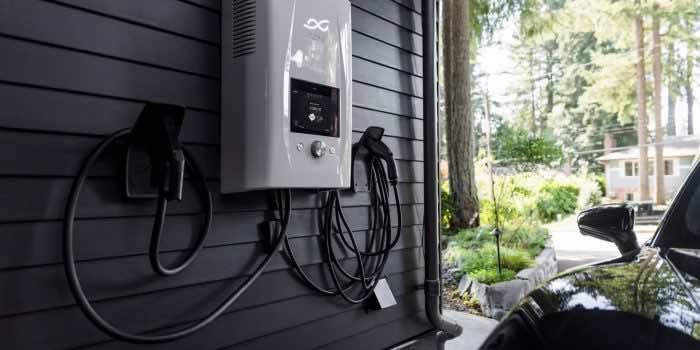Nissan is preparing a new and better electric vehicle (EV) storage technology that offers quicker charging and reduced pricing. The Japanese firm has revealed its prototype manufacturing facility for laminating all-solid-state battery cells, which it intends to bring to market in 2028. This prototype laboratory, located within the Nissan Research Centre in Kanagawa Prefecture, aims to advance the creation of all-solid-state cells. They have around double the energy density of ordinary lithium-ion batteries, a substantially quicker charging time, and can be built using less expensive ingredients. All-solid-state batteries have the potential to significantly reduce the cost of electric cars. Nissan thinks that by using all-solid-state batteries, it will be able to achieve $75 per kWh in fiscal 2028 and $65 per kWh thereafter. This would bring EVs on par with gasoline-powered automobiles in terms of money.
Nissan expects that all-solid-state batteries can hopefully bring EVs down to the very same price as internal combustion engine automobiles. Indeed, the business aims to deploy all-solid-state batteries in a variety of vehicle classes, including pickup trucks, to make its EVs more affordable. Nissan stated that it is leaning toward the creation of all-solid-state batteries as a result of its expertise working on this technology. Nissan has also said that by fiscal 2028, it intends to deliver an EV using all-solid-state batteries produced in-house. Nissan Ambition 2030, the company’s long-term ambition, calls for the establishment of a trial manufacturing line at its Yokohama Plant in fiscal 2024. IT has been keen to put the issue involving its former rockstar CEO Carlos Ghosn behind it. He was detained in Japan in 2018 on multiple financial misconduct allegations, but he skipped bail in late 2019 and currently resides in Lebanon, a country of his descent that does not have an extradition agreement with Japan.
The all-solid-state battery is sufficiently robust to be employed in pacemakers. When completed, it will be around half the amount of the existing battery and will be charged in 15 minutes rather than a few hours. They feature an energy density roughly twice that of traditional lithium-ion batteries, a much quicker charging period due to greater charge/discharge performance, and a reduced cost due to the ability to use less expensive components, according to the company. The electrolyte of next-generation solid-state batteries is not combustible. They also pump in a lot of energy.



